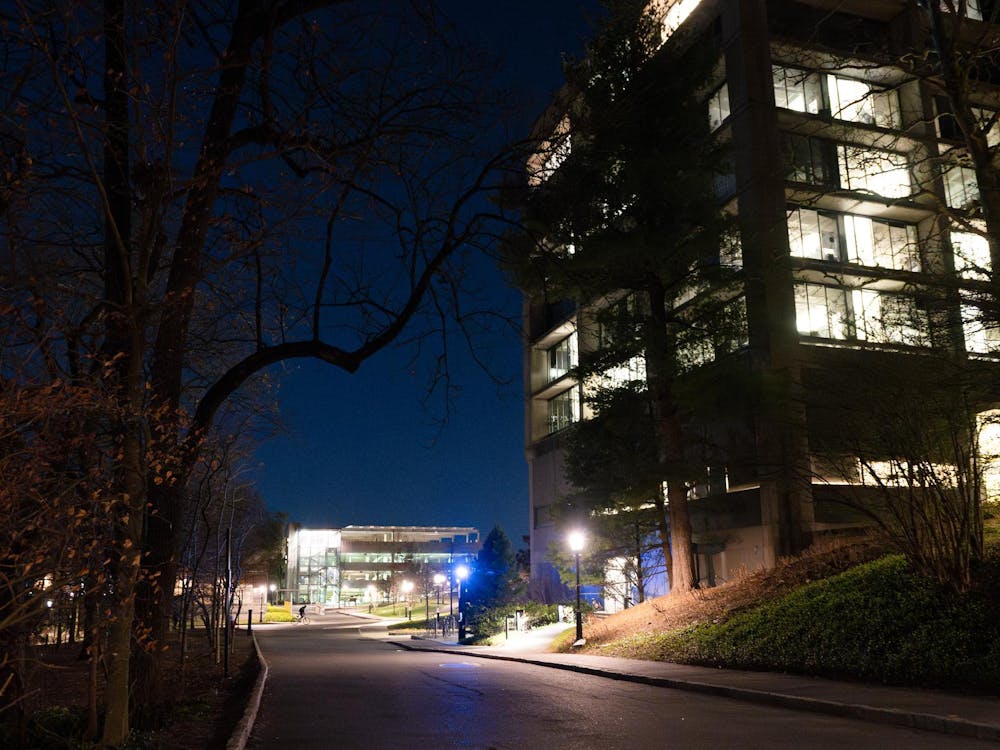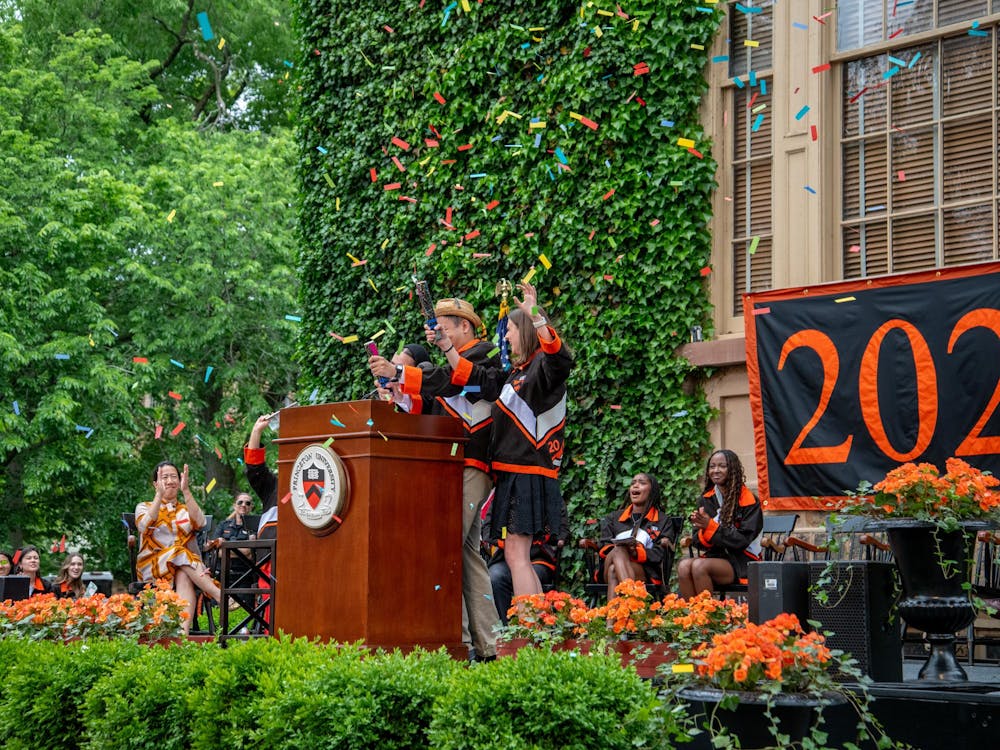There is a bit of controversy, however, over just what it is that admission offices should be looking for when selecting an incoming class. If creating the ideal intellectual community is the goal, how should that goal be achieved? Princeton and peer universities seem to operate under the assumption that the best academic environment will be created by striving for a certain amount of intellectual diversity on campus. They seem to believe, as I do, that one of the best ways to attain this intellectual diversity is to admit students with diverse backgrounds: our experiences in life seem inextricably tied to the beliefs we hold and the lenses through which we see the world, so diversity of backgrounds seems like it should lead to intellectual diversity in a rather direct way. The university clearly sees the good in admitting a diverse array of students, as evidenced both implicitly by its commitment to diversity in admission and explicitly by encouraging new students to ensure that they “encounter ‘the other’ ” during their time here.
Considering the backgrounds of applicants remains a very controversial practice, however. There are many opponents to the practice of incorporating diversity into admissions decisions (including the high school senior who penned the recent Wall Street Journal op-ed “To (All) The Colleges That Rejected Me”), believing that the fairest way to admit a class is by focusing not on the backgrounds of the applicants at all, but solely on the credentials. And on the surface, this seems like a fairly intuitive way to create the best possible class; admitting the students with the most impressive credentials seems like it would lead to the creation of an ideal intellectual environment.
A completely merit-based system of admission would not achieve this goal better than one that takes applicants’ backgrounds into consideration, however, precisely because there would be no plausible way to ensure the degree of intellectual diversity that is necessary for a good academic culture on campus. Admitting the 1,300 brightest students in the nation is not going to create an ideal intellectual environment if they are all from the same geographical, socioeconomic and racial background. Such a class would likely engage in very lively and meaningful discussion with one another and they would certainly learn quite a bit, but they would always be lacking the type of different perspectives on the world that can only come from students with different backgrounds.
Incorporating diversity in the college admissions process implies the need for an affirmative action policy or something similar to it. Some people see such policies as unfair, and the term “victim of affirmative action” is not an uncommon one. However, in a process like college admissions, there can be no “victims”, at least when applying to a highly-selective university like Princeton. When high school seniors apply to selective universities, they know very well that not every qualified applicant will be accepted. Princeton didn’t reject 92.7 percent of its applicants this year because none of them would be able to hack it here. To claim that some of these rejected students are “victims” of the college admissions process is to assume that certain students are entitled to acceptance. This is simply not the case. Applying to college with an impressive resume grants you a great opportunity to be admitted, but by no means is it accompanied by any guarantee. Claiming that you are a victim of affirmative action is to assume that you had some sort of special entitlement to acceptance that you were denied, but no such entitlement ever existed.
One thing that we should remember is that there is a difference between admitting a student and admitting a class. Each student who receives an acceptance letter does so because they have something that they can contribute to their class, and a unique perspective can be more valuable than a higher high school grade point average. When considering college admissions, it is important to realize that the value of a class is worth more than the sum of its SAT scores.
Richard Daker is a sophomore from Evergreen Park, Ill. He can be reached at rdaker@princeton.edu.







